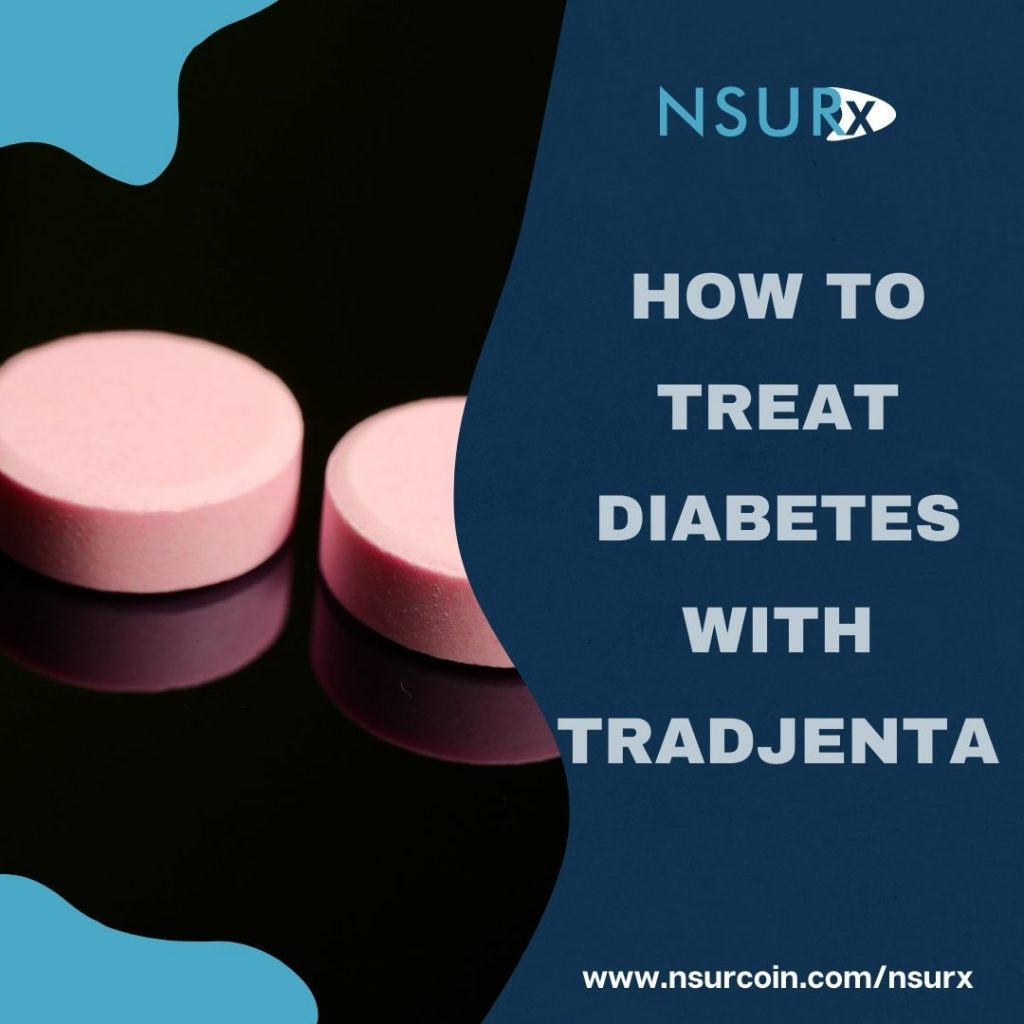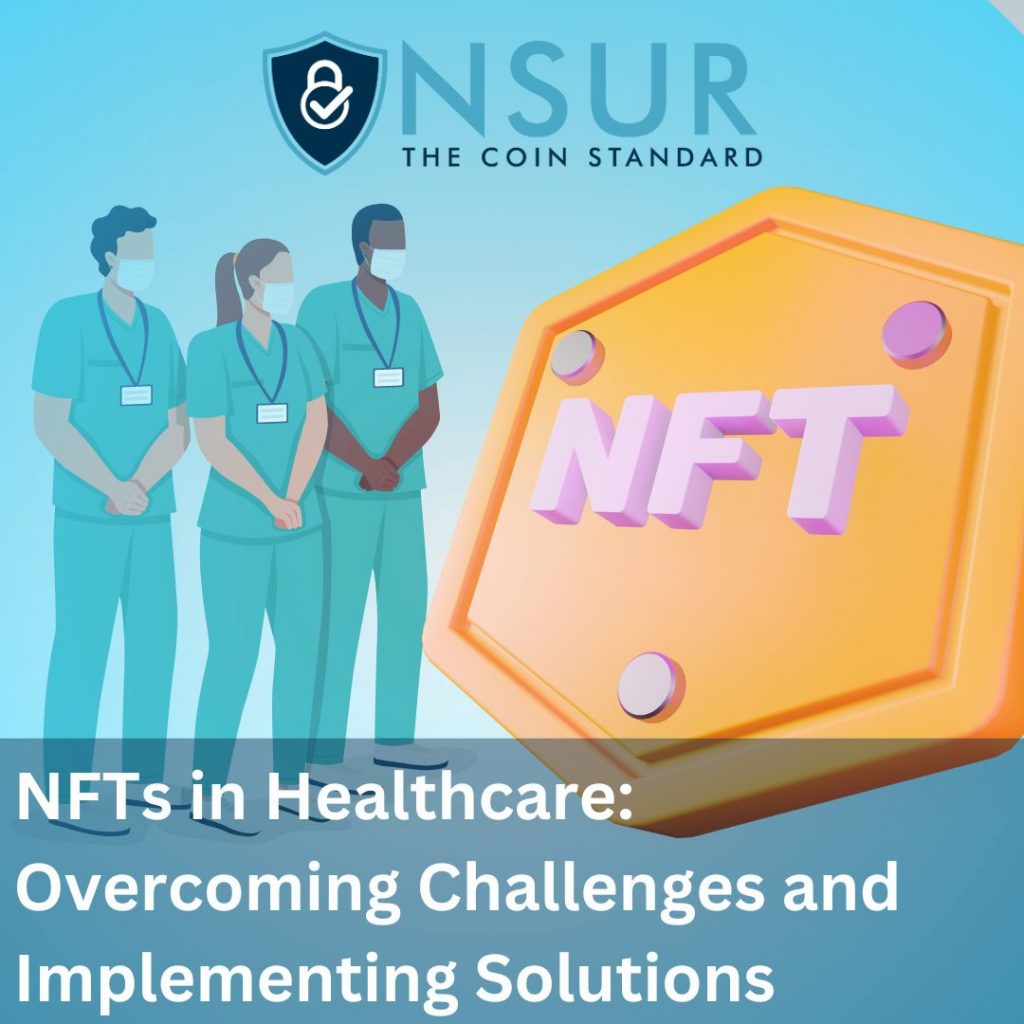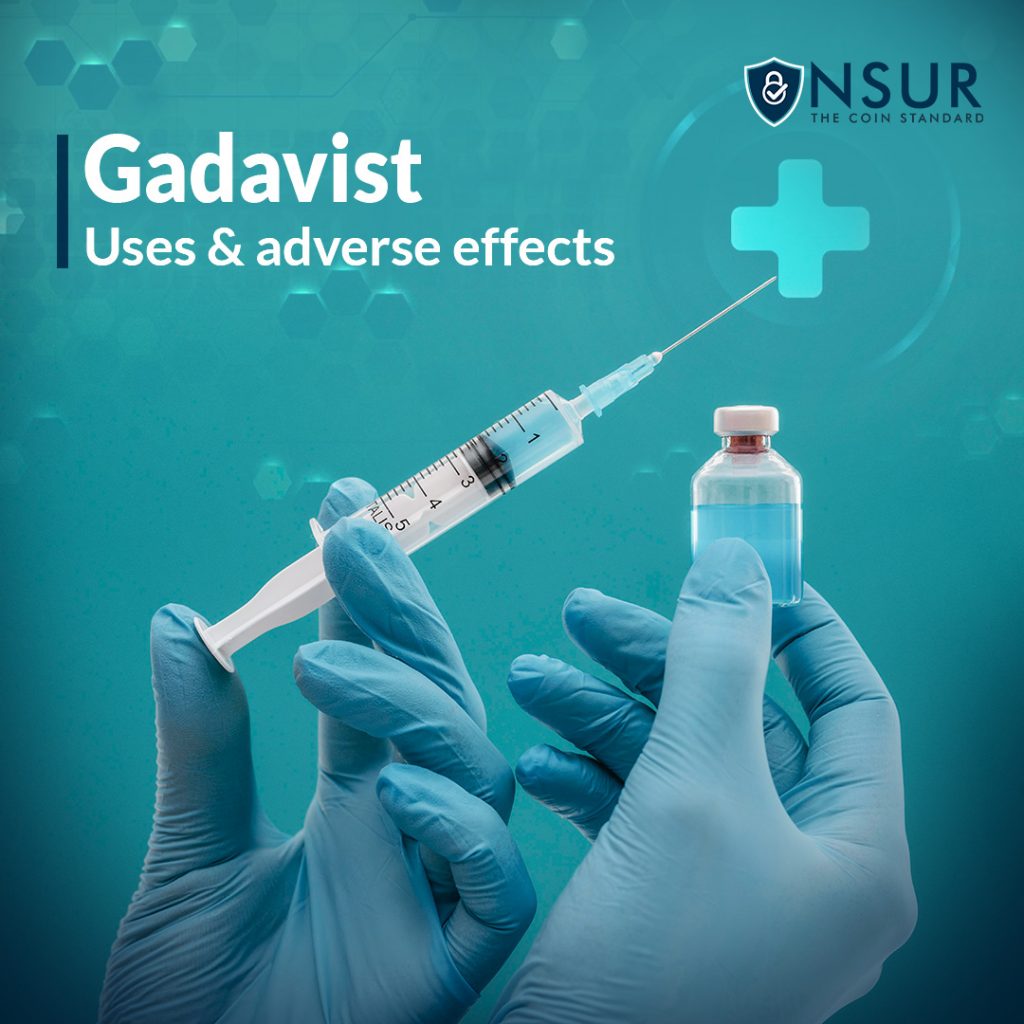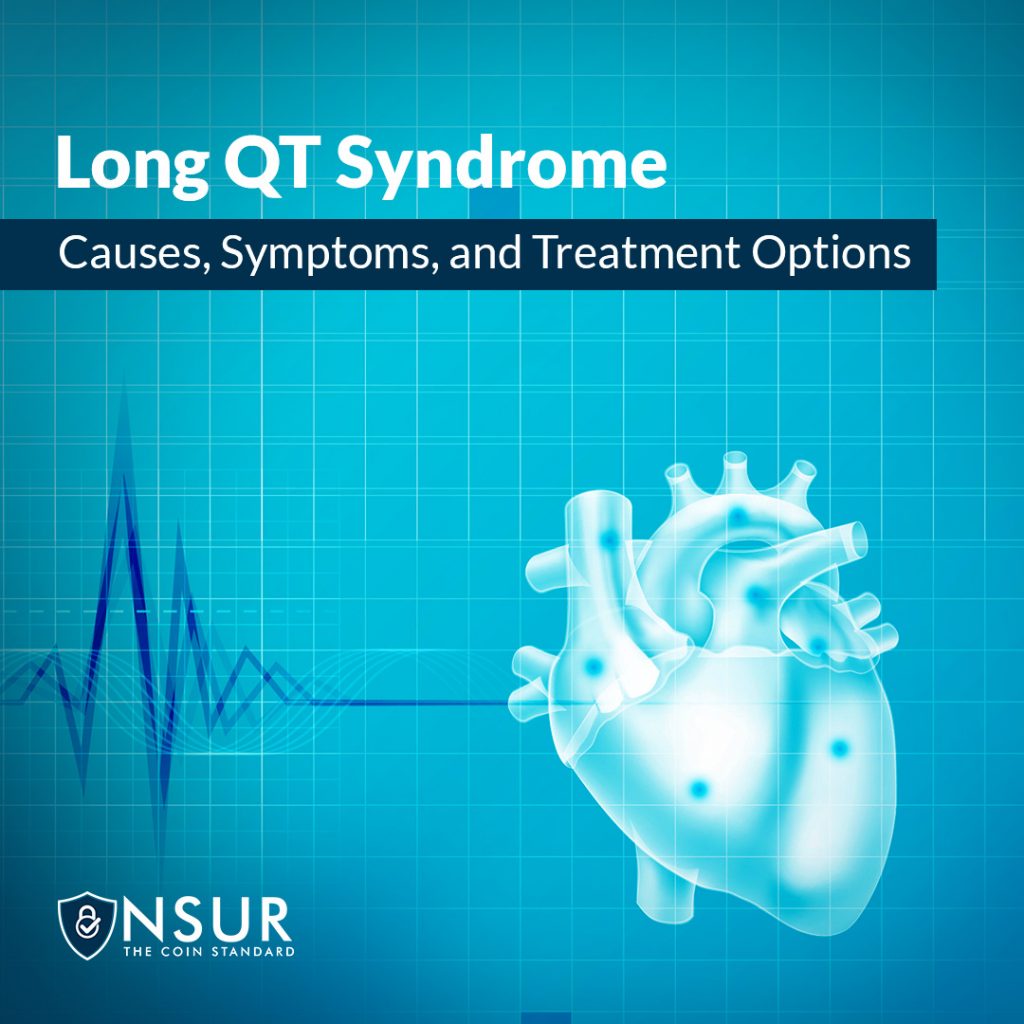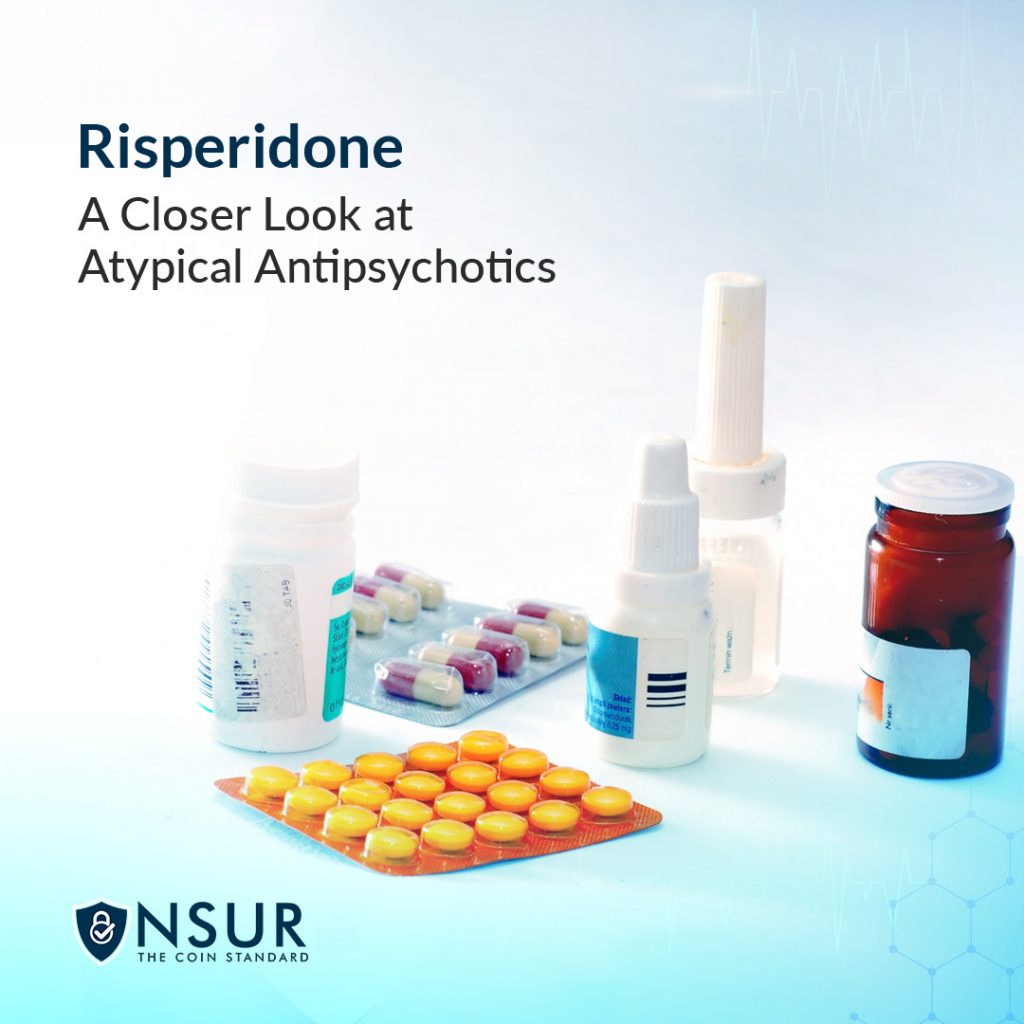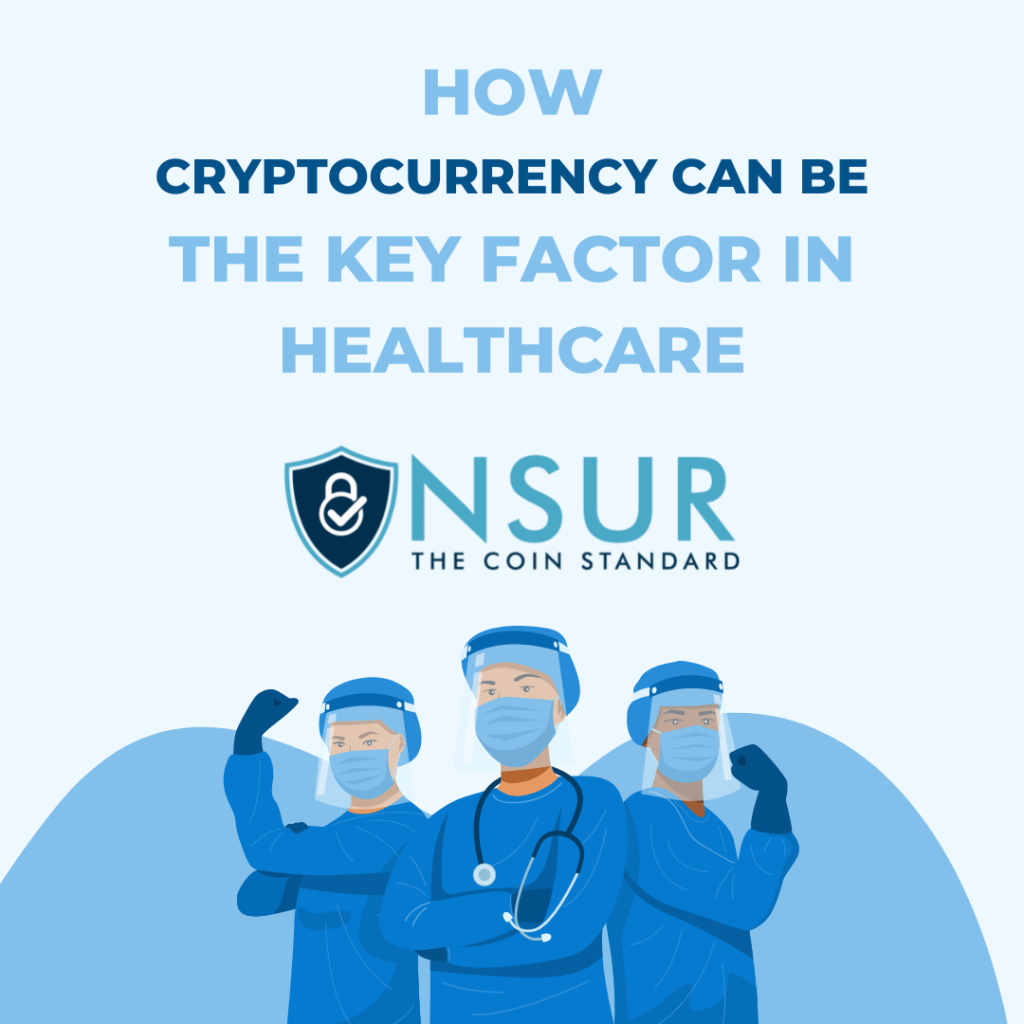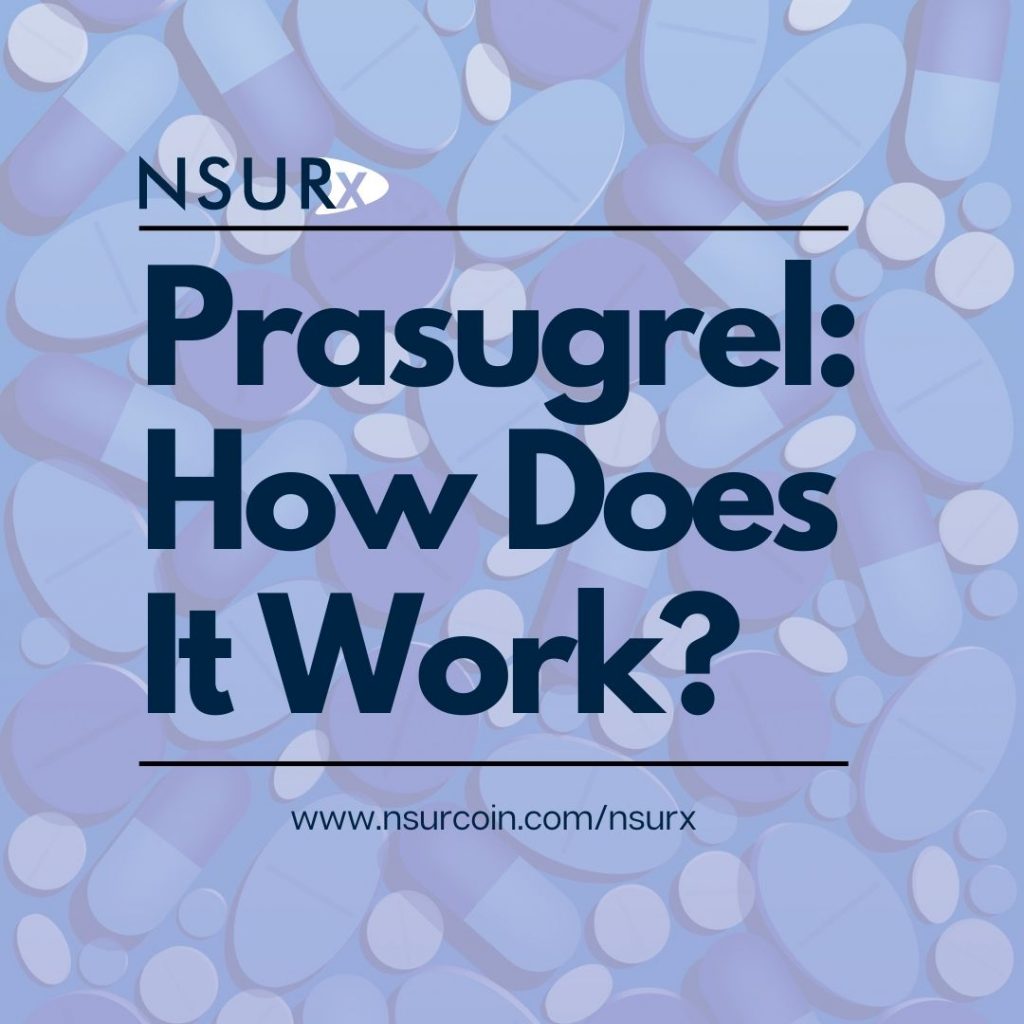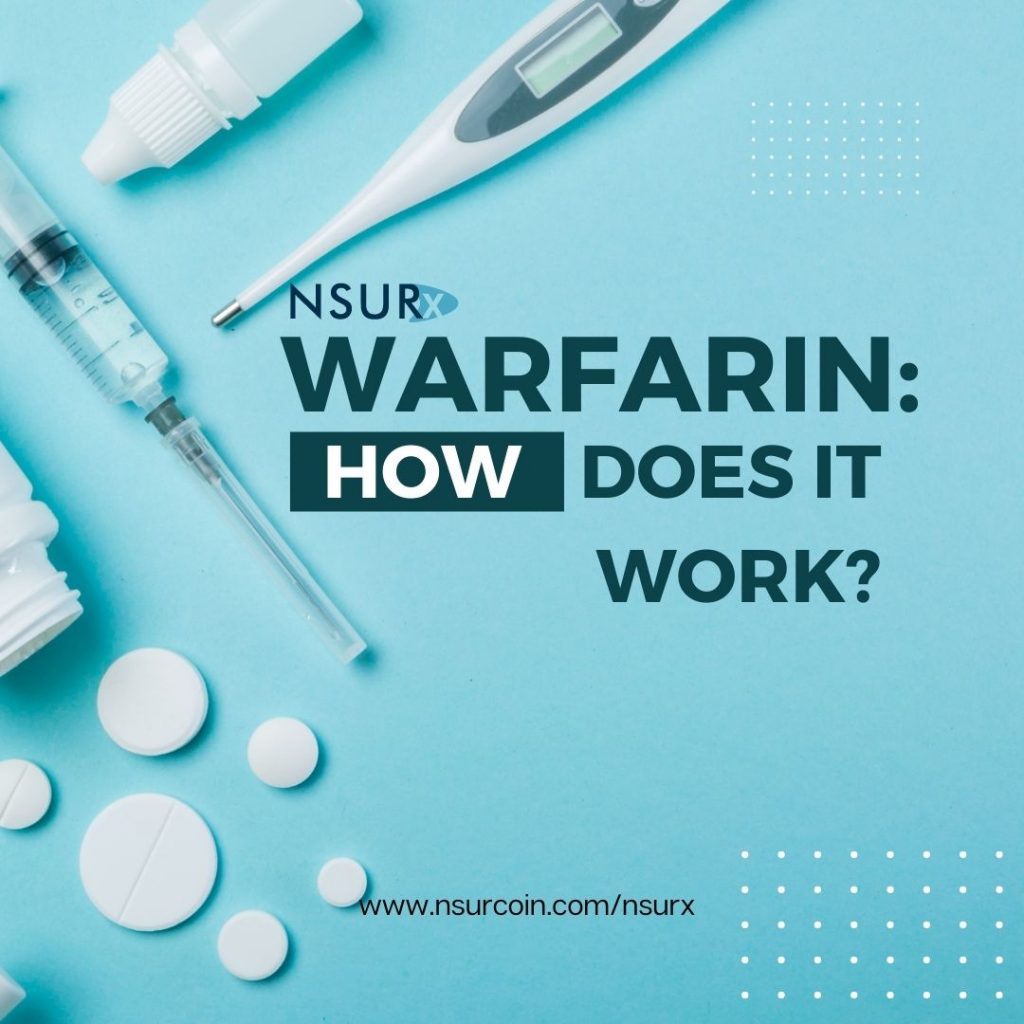
Suffering from a blood clot problem? Find out how Warfarin can help you.
What is Warfarin, and what does it do?
Harmful blood clots can result in a stroke, heart attack, Deep Vein Thrombosis, or Pulmonary Embolism. Warfarin is a prescription drug and anticoagulant used to prevent the formation or growth of dangerous blood clots.
Many people refer to anticoagulants as “blood thinners,” but Warfarin does not thin the blood; instead, it causes the blood to take longer to clot.
The formation of a clot in the body is a complicated process involving a number of substances known as clotting factors. Warfarin inhibits the formation of vitamin K–dependent clotting factors, reducing the body’s ability to form blood clots. Vitamin K is required for the production of clotting factors and the prevention of bleeding. As a result, by administering a medication that inhibits clotting factors, your body can prevent harmful clots from forming and clots from growing in size.
What dosages of Warfarin are available?
The available dosages for Warfarin are:
- 1 mg
- 2 mg
- 2.5 mg
- 3 mg
- 4 mg
- 5 mg
- 6 mg
- 7.5 mg
- 10 mg
What side effects are common with taking Warfarin?
The most common side effects of Warfarin include:
- Bleeding
- Bruising
- Slow-healing wounds
- Feeling cold
Other, major side effects include:
- Major bleeding
- Kidney failure
- Hair loss
- Allergic reactions
If you experience any of the side effects of Warfarin, contact your doctor right away.
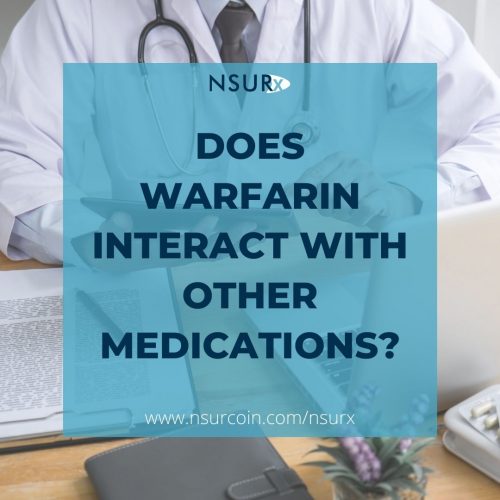
Does Warfarin interact with other medications?
There are other medications that can interact with Warfarin. These include:
- Aspirin
- Acetaminophen (Tylenol, others)
- Antacids or Laxatives
- Antibiotics
- Antifungal medications (Fluconazole (Diflucan))
- Cold or allergy medicines (Cetirizine (Zyrtec))
- Ibuprofen or naproxen sodium (Aleve, others)
- Medications that treat irregular heart rhythms (Amiodarone (Pacerone, Nexterone)
Who should NOT take Warfarin?
Warfarin is not safe for everyone. Inform your doctor if:
- You are allergic to Warfarin
- You are pregnant or trying to become pregnant
- You have kidney or liver problems
- You have endocarditis
- You have a stomach ulcer or health problems that can cause bleeding
- You have high blood pressure
What drugs are similar to Warfarin?
There are some drugs that are similar to Warfarin. Some of these are:
- Apixaban (Eliquis)
- Dabigatran (Pradaxa)
- Edoxaban (Savaysa)
- Rivaroxaban (Xarelto)
Does Warfarin have a generic form?
Warfarin oral tablet is available as a generic as well as a brand-name medication.
What is the price of Warfarin without insurance?
Warfarin cost ranges from $10 to $20 without insurance.
Look up Warfarin on NSUR’s NSURx price look-up tool to find the pharmacy nearest to you with the lowest price.

How can I save money on Warfarin?
Heart medications are not cheap; out-of-pocket costs can range from $19 to $550 USD!
With the NSURx Prescription Benefit Card, you can save money on heart medicines at more than 35,000 pharmacies across the United States.
Just show your pharmacist your NSURx card and you could save up to 80% on your heart medication. This could save you THOUSANDS of dollars over the course of a year.
Additionally, the more you shop with NSURx, the more NSUR Coin you’ll earn as a reward! You can then use these reward tokens to make purchases in our online shopping platform.

